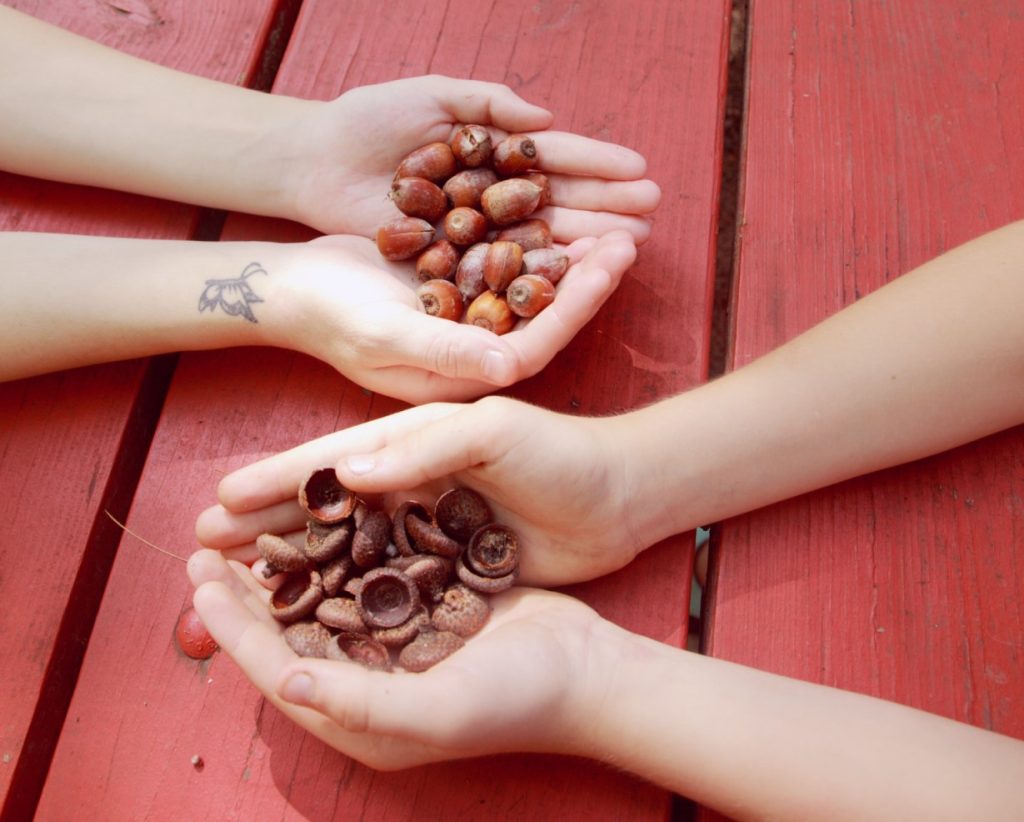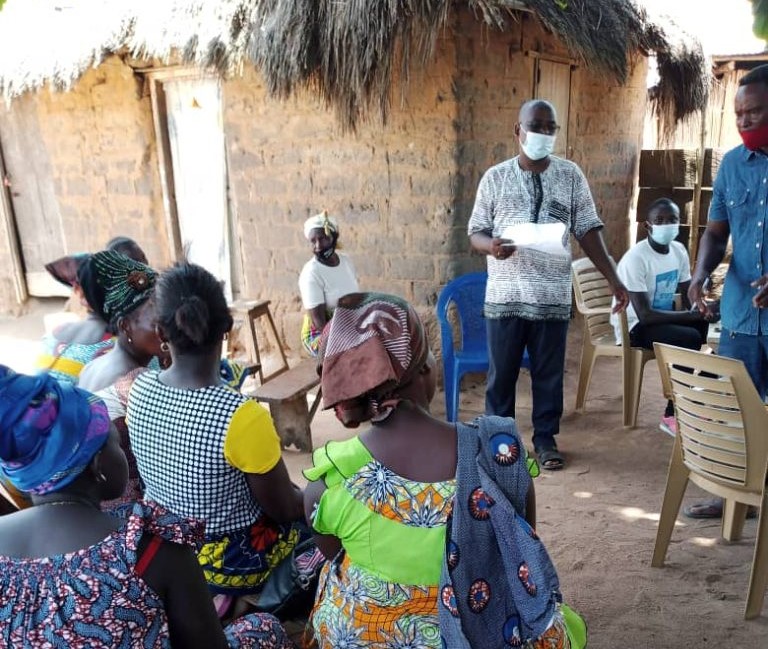Assessing the impact – on the shoulders of science
How can we assess the impact of donated funds? We use scientific methods to do that.
In our previous blog, we touched briefly on the principle by which Action10 places donated funds in the form of loans (working together with the beneficiaries so that their ideas materialize and gain traction, avoiding aid-dependency). But how can we assess the impact? How do we know if the goal has been achieved and the donated funds have been effectively used?
Now bear with us in the following paragraphs, as it is not as straightforward as it might initially seem.
The approach we take to make the assessment is scientific in nature.
First, we need data
The first thing we need is data. Why data? To make evidence-based decisions that not only make our work and our partners in the field work more effective but that also ensure impartiality in our decision-making processes.

We need to collect data to make evidence-based decisions.
Depending on the details of the project, we define a specific approach to data collection. For example, in our Table-banking project in rural Kenya, data sources were a series of interviews, direct observation, and examinations of record books.
Does it make sense?
In some scenarios, for us to be able to make sense of this data and know that the change is generated by us (and not by another factor, say a session of especially good rainfalls), we need to make comparisons.
It means that, if available, we use data from a population that did not participate in the project. This is called “control” and if possible, it is randomly selected. For example, in our project Reintegration of former child soldiers in Liberia, the control was the situation of former child soldiers at the macro level.
Can we do better?
Doing this assessment correctly is of crucial importance, as it helps us know if there are even better paths to serve our beneficiaries and better ways of using the funds the donors trusted us.
It is not enough that the donations reach the beneficiaries. We also want to make sure that those donations are used in the best possible manner. Wouldn’t you?
That is why we have chosen to systematically integrate evidence into the way our organization operates. In that manner, we make sure that we make informed and deliberate choices about the most efficient and effective way to place funds and manage our projects.

Measuring impact helps us to make informed choices about the most effective way to place funds and manage our projects.
Evidence gathering also allows us to learn from our experience and apply that knowledge in the future, creating a virtuous cycle of continuous improvement.
For example, in the project Small-scale businesses in rural Togo, we learned that operations in villages became expensive due to the transportation of the programme manager (who had to visit each village regularly) and decided that it would be beneficial that the programme manager is a villager instead.
A future blog post will deal with one of our projects assessment in detail, but for now, you can read more about them on our website or the Global Giving Webpage. While you are there, please consider donating. You can rest assured that your donation will be effectively used!
Make a difference in someone´s life
Read more about our projects and consider donating. You can rest assured that your donation will be effectively used! Thank you!
